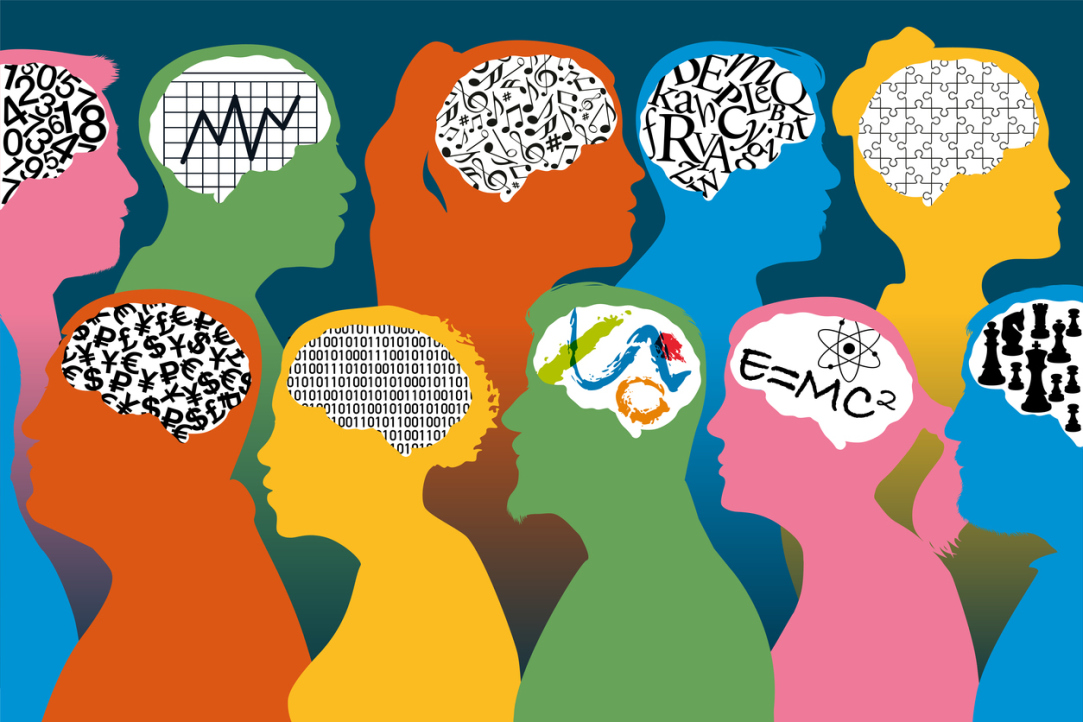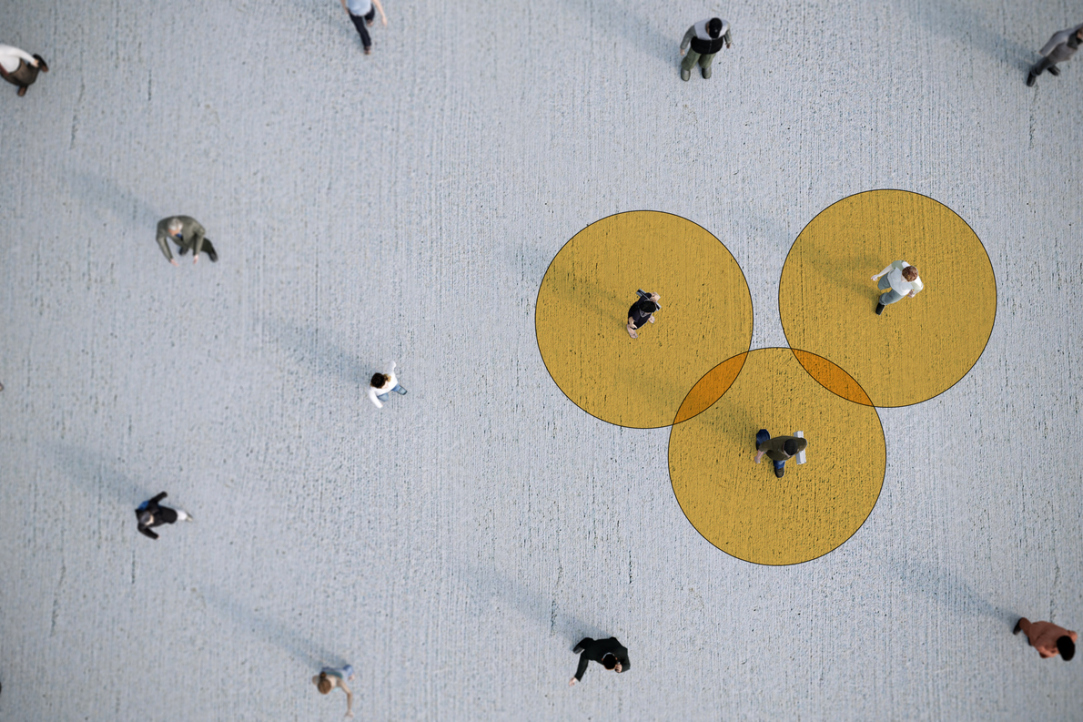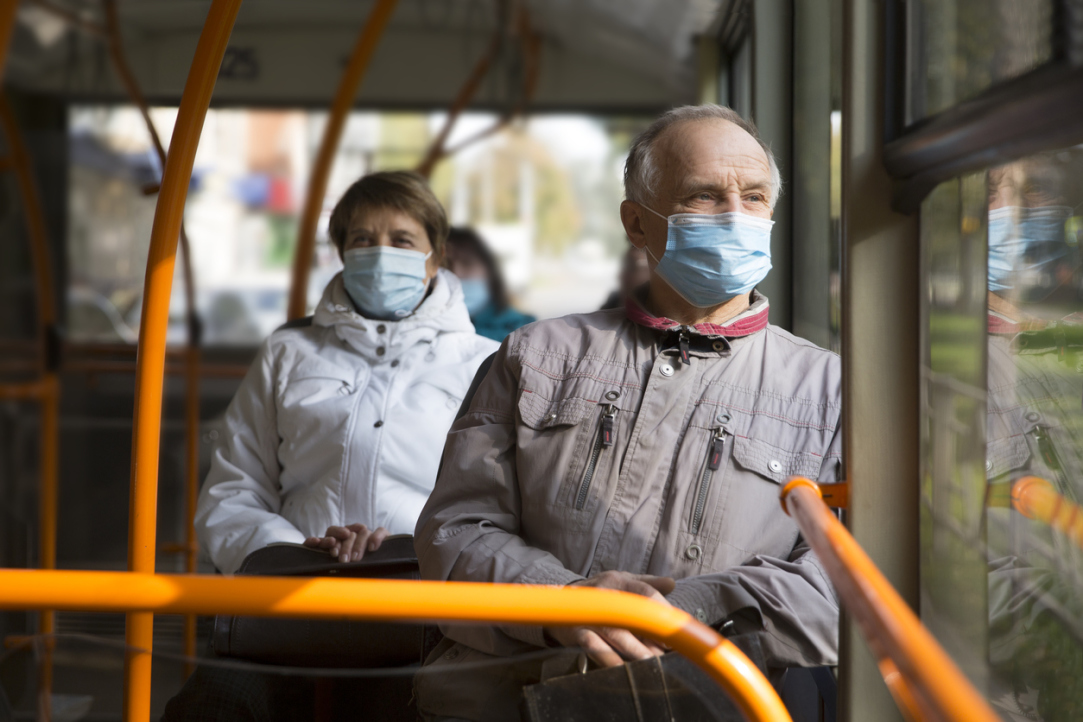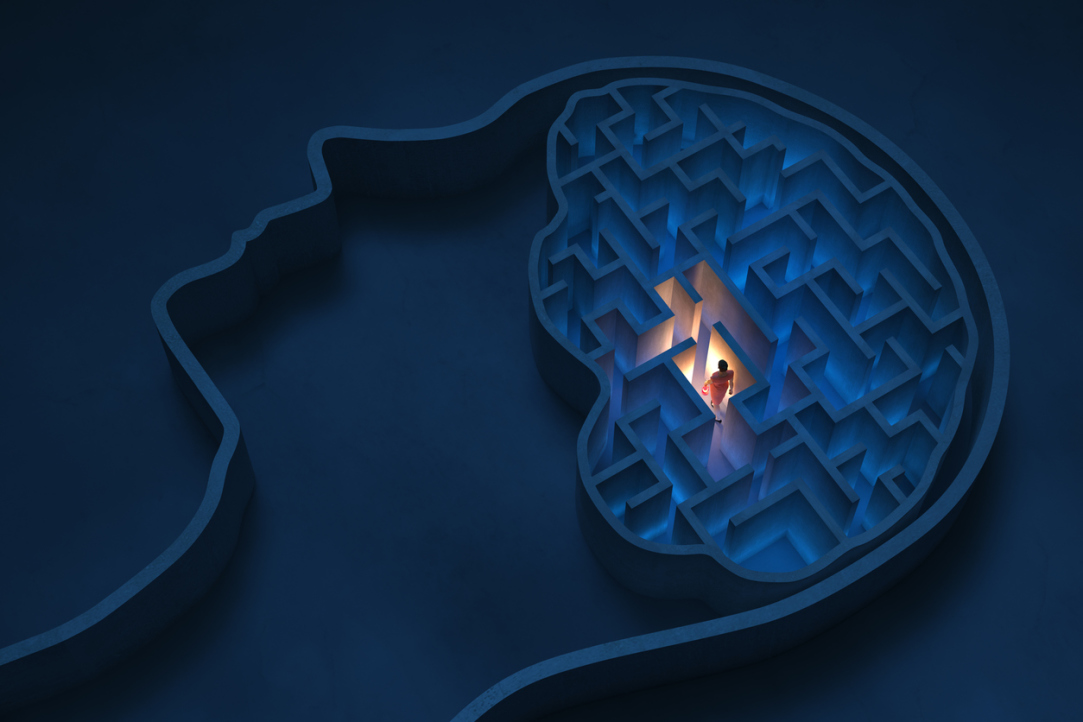
People Do Not See Spelling Mistakes as a Sign of Limited Intellect
Tatiana Sysoeva and Svetlana Yaroshevskaya, researchers from the Psychological Institute of the Russian Academy of Education, have found out that mistakes in texts play only a minor role in people’s perceptions of the intelligence of the texts’ writers. The content, form of presentation, and other aspects are much more important. The results of the study are published in the latest issue of Psychology, an HSE journal.

It’s Easier to Forgive When You Are Under Chronic Stress
Russian researchers have studied the correlation between personality authenticity (the ability to be oneself) and the ability to forgive under different levels of stress. They found that people experiencing chronic stress are more inclined to forgive, while people affected by everyday stress are less inclined to do so. The ability to forgive promotes authenticity. The results of the study, which have been published in the journal Clinical Psychology and Special Education, can be used in life coaching programmes.

Users Better Recognise Neutral Banner Ads
Marketers often make ads bright and catchy. However, scientists from HSE University have found out that banner advertising on websites should be neutral in order to influence users more effectively. The results of the study have been published in the Frontiers in Psychology journal.

HSE University Researchers Learned to Measure People’s Attachment to Home
A group of HSE University researchers (Sofya Nartova-Bochaver, Sofya Reznichenko, Milana Hachaturova and Victoria Erofeeva) and their international colleagues validated the Short Home Attachment Scale (SHAS), a useful tool in cross-cultural research. The SHAS makes it possible to study the level of home attachment in different countries and its influence on individuals’ well-being.

‘As We Fight Climate Change and Poverty, the Focus on Personal, rather than Social Goals, may Prove Harmful over Time’
The 11th International LCSR Workshop of the HSE Ronald F. Inglehart Laboratory for Comparative Social Research, ‘Recent Advances in Comparative Study of Values’, took place as part of the XXIII Yasin (April) International Academic Conference. HSE News Service talked about the study of values and current changes in academic life with Ronald Fischer, who presented an honorary paper ‘Why We Should Aim for Systematic Non-Invariance in Cross-Cultural Research’ at the workshop.

People Over 65 are Less Prone to Apathy and Depression
The degree of depression and apathy is higher between the ages of 50 and 65 than after 65. What’s more, apathy among those of pre-retirement age depends on subjective vitality — the sense of being full of life and energy.

Stress Disorders More Prevalent among Doctors due to the Pandemic
Psychologists from HSE University have joined their peers from Ekaterinburg to look into the impact of the pandemic on the mental health of Russian doctors. They found that medical staff are suffering from stress, anxiety, and depression more often than before. The results of the study were published in International Journal of Environmental Research and Public Health.

Researchers Explain What Makes People Pro-Environmental
The HSE School of Psychology has studied the psychological, social, and political factors behind Russians’ pro-environmental behaviour. It appears that women hold more pro-environmental attitudes than men, trust in the free market negatively affects sustainable consumption, and awareness of the benefits of pro-environmental actions better motivates people to sort waste than environmental concern or connectedness to nature. The study has been published by SSRN.

‘The Human Brain Has Always Fascinated Me’
Alexios Kouzalis, from Cyprus, is a first-year PhD student at the HSE University School of Psychology. We talked with Alexis about his reasons for coming to HSE Moscow, his achievements and his observations on life in the Russian capital.



Submission Deadline: December 20, 2025